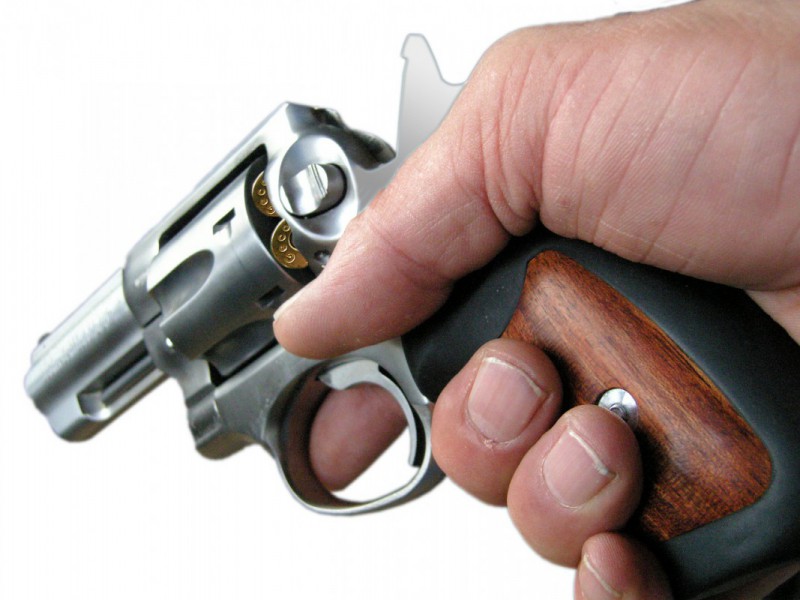When the new school year begins, Deena Esteban will not be among the legions of educators welcoming students back to class.
That’s because Mrs. Esteban, a 43-year-old art teacher in Prince William County, Va., lost the job she loved after being convicted of a felony last fall. Her crime? Bringing a gun to school. Mrs. Esteban’s story is a textbook case of zero-tolerance tyranny. Teachers are the forgotten casualties of the education establishment’s absolutist war on guns.
Mrs. Esteban had never been in trouble with the law. The married mother of two owned a .38-caliber revolver for self-defense and — like millions of Americans across the country — held a valid, concealed-weapons permit. She carried the gun when she went out alone, mostly on errands. One fateful night last spring, she put the gun in her handbag before going out to entertain her visiting parents. The next morning, she brought the bag to school — not realizing the firearm was still in it, she says.
When she left the bag unattended for a short period in her classroom, a colleague opened it and found the gun. No one was hurt. It was an unfortunate accident. Mrs. Esteban says she would never do anything deliberately to put children in harm’s way. She was willing to accept a reasonable punishment for her mistake.
Virginia makes it a misdemeanor to leave a loaded, unsecured firearm in a manner that endangers children. Mrs. Esteban offered to plead guilty to that offense. But it wasn’t enough for local prosecutors bent on “sending a message.” Despite acknowledging that Mrs. Esteban showed no criminal intent, government lawyers threw the book at her. They charged Mrs. Esteban with a felony count of possessing a gun on school grounds. A jury convicted her last October, imposing a $2,500 fine and 12-month jail sentence. A judge suspended the prison term and slightly reduced the fine in January, but the incident continues to wreak havoc on the Esteban family.
Mrs. Esteban’s former colleagues ostracized her, and she has been unemployed since her arrest and conviction, which is headed to an appeals court next month. “No one wants to hire you when you have to check the box on the form that says, ‘Yes, I have been convicted of a felony,'” Mrs. Esteban notes sadly. “People think I’m some kind of dirtbag.”
This overzealous gun-control policy has also robbed Mrs. Esteban of her privacy and personal dignity. She cannot travel out of state without permission. Her DNA is registered in a state database. And the police released her home address, phone number, and mug shot to the media.
Mrs. Esteban’s husband, Philip, now works two jobs to support the family and help cover their legal bills. He believes this was “clearly a political prosecution … It’s bizarre beyond comprehension that you can be convicted of merely possessing something that’s constitutionally protected.”
Mrs. Esteban’s prosecution is not unique. More than 30 states criminalize possession of firearms on school grounds. Just last week, Renee Rudenick, a special education instructor in Kent, Wash., was put on trial for accidentally taking to school a gun that she had obtained after suffering domestic abuse. Like Mrs. Esteban, Mrs. Rudenick — a 30-year veteran teacher — was a licensed, legal concealed-weapons permit holder. Fortunately, a jury refused to convict her. But she, too, lost her job.
Now, compare the teachers’ plights with that of Albert McCarthy, a Chester County, Pa., police chief who accidentally left his Glock semi-automatic on an elementary school bathroom windowsill this spring during a break from a drug education lecture. His punishment? A four-day suspension without pay.
Law-enforcement officials are exempt from prosecution for making mistakes, but teachers licensed to carry concealed weapons are not. Why? To “protect the children”, society has deemed that teachers must not be allowed to protect themselves in their workplace. The classroom has become a Second Amendment-free zone. So much for “sensible” gun control.




